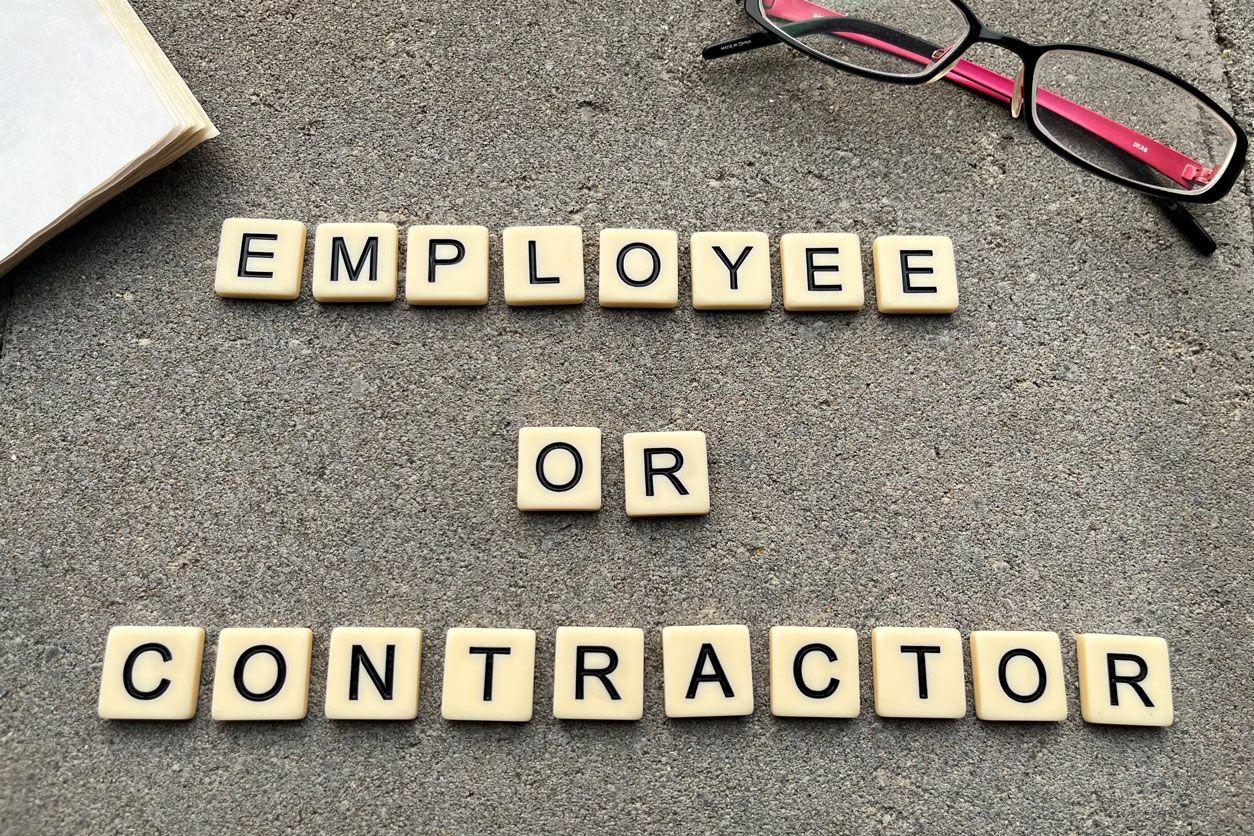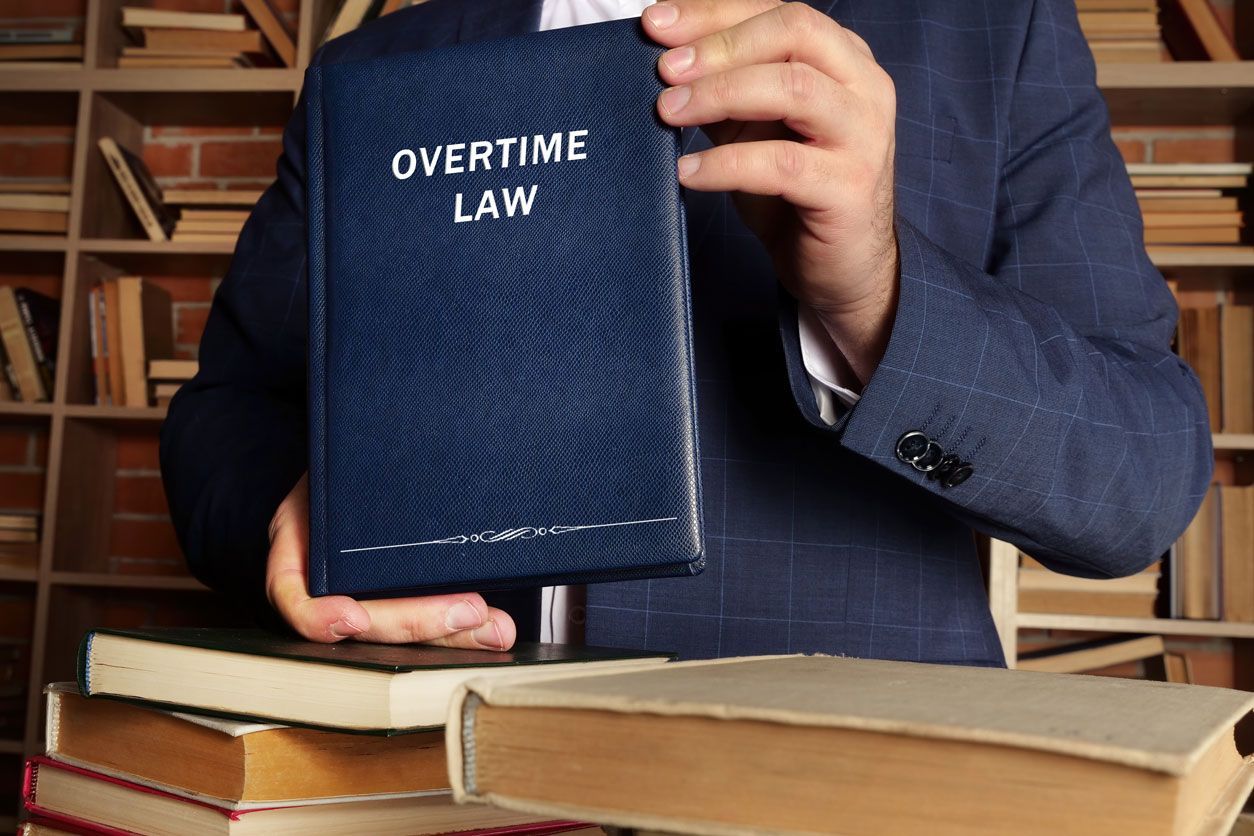Discrimination in the California Workplace (FEHA): Know Your Rights & Legal Options

What does California Law Say About Workplace Discrimination?
California’s Fair Employment and Housing Act (FEHA) is one of the strongest anti-discrimination laws in the country, protecting employees from discrimination in the workplace and retaliation. The FEHA applies to California employers with five or more employees and prohibits adverse actions against workers who assert their rights under the law.
This blog will explore what constitutes discrimination under FEHA , highlighting the protected characteristics and common forms of workplace discrimination.
Protected Characteristics Under FEHA
The FEHA protects employees from workplace discrimination based on the following characteristics:
- Age : 40 and older
- Disability : Mental and physical disabilities, including HIV and AIDS
- Gender : Sex, gender identity, and gender expression
- National Origin : Country or region of origin
- Race : Color, ancestry, and ethnicity
- Religion : Creed and religious observances, including holidays
- Sexual Orientation : Includes all sexual orientations
- Other Protected Categories : Marital status, medical condition, genetic information, military or veteran status
Recognizing Workplace Discrimination
Employees may be experiencing unlawful discrimination in the workplace if they encounter any of the following situations:
- Unequal Standards and Expectations : If an employer imposes different standards, expectations, or performance goals on employees performing the same job, and the unifying factor is a protected characteristic (e.g., race, gender, or disability), this could be discriminatory.
- Disparities in Pay : If employees performing the same job receive different salaries, and the only distinguishing factor is a protected characteristic, this could indicate wage discrimination in violation of FEHA.
- Biased Hiring and Firing Practices : If an employer consistently hires individuals of one protected status while disproportionately terminating employees of another, this pattern may suggest unlawful discrimination. If you have been wrongfully terminated due to a protected characteristic, speaking with a wrongful termination lawyer can help you explore your legal options.
- Hostile Work Environment and Discriminatory Comments : If an employer or manager makes discriminatory remarks, microaggressions, or engages in conduct that suggests a bias against a protected characteristic, it may serve as evidence of discriminatory motives influencing employment decisions.
Legal Protections and Next Steps
If you believe you are experiencing discrimination in the workplace, you have the right to file a complaint with the California Civil Rights Department (CRD) or seek legal assistance . Employees who assert their rights are protected from retaliation under FEHA. Documenting discriminatory actions and speaking with an employment lawyer can help employees understand their options and take appropriate action.
If you are facing discrimination in the workplace, contact Lawyers for Employee and Consumer Rights for a free consultation with an experienced employment lawyer. Our team is dedicated to protecting your rights and ensuring you receive fair treatment under FEHA.
Frequently Asked Questions
1. What types of discrimination are prohibited under California law?
California’s FEHA protects employees from discrimination based on age (40+), disability, gender, gender identity, national origin, race, religion, sexual orientation, marital status, medical condition, genetic information, and military or veteran status.
2. Who is covered by FEHA protections?
FEHA applies to California employers with five or more employees, including full-time, part-time, and temporary workers. Employees who report discrimination are also protected from retaliation.
3. How can I tell if I’m experiencing workplace discrimination in California?
Discrimination can take many forms, including unequal standards or expectations, wage disparities, biased hiring or firing practices, hostile work environments, and discriminatory comments or microaggressions based on protected characteristics.
4. Can unequal pay be considered discrimination under California law?
Yes. If employees performing the same job receive different pay and the only distinguishing factor is a protected characteristic, such as gender, race, or age, this may constitute wage discrimination under FEHA.
5. What should I do if I believe I’m being discriminated against?
Document the discriminatory actions, including dates, times, witnesses, and communications. Then, you can file a complaint with the California Civil Rights Department (CRD) or consult a California employment lawyer to explore your legal options.
6. In California, am I protected from retaliation if I report discrimination?
Absolutely. FEHA explicitly protects employees who assert their rights, file complaints, or participate in investigations. Retaliation for reporting discrimination is illegal and actionable under California law.
7. Can I get legal help if I’ve been wrongfully terminated due to discrimination?
Yes. If you were terminated because of a protected characteristic, a wrongful termination lawyer can help assess your case, guide you through filing a claim, and fight to protect your rights under FEHA.
Share on Social Media





